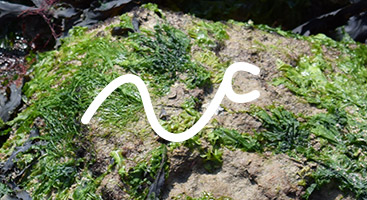the ancient greek ‘tmesis’ means ‘cutting’ or ‘skimming’ in grammar it names the severing of two elements in a word and the splicing of other verbiage into this gap it’s rare in english and hard to translate “i read it on the inter-woven-with-extraneous-language-net” though a near equivalent is the sundering of phrasal verbs “she added the profits up” roland barthes uses tmesis in a special sense the reader’s skimming of passages within a text for example if you were perusing nonlinear poetry and found your path looping back through paragraphs explored already you might well skip over the repetition and go straight to the text’s next branch where you could choose a fresh route and if such a poem took codex form then tmesis might happen each time you flipped through the book from one page to another on the way registering content that doesn’t fully breach your consciousness but tmesis also occurs often involuntarily when browsing linear works the reader tunes out then in again enjoying a unique piece of literature assembled from input the author presents again and again you step into the same river whose will to change will not change its will to change your mind but would a boat do the job better ‘cutting’ is what oars are said to do when they strike water how will you use tmesis in your reading
• look for a boat to help you navigate this poem
• find a text that lets you skip over its entirety without missing a thing
Street Address
City, State, Zip
Phone Number
Tentacular is an online poetry, reviews and arts magazine, edited by Jonathan Catherall.
Your Custom Text Here



